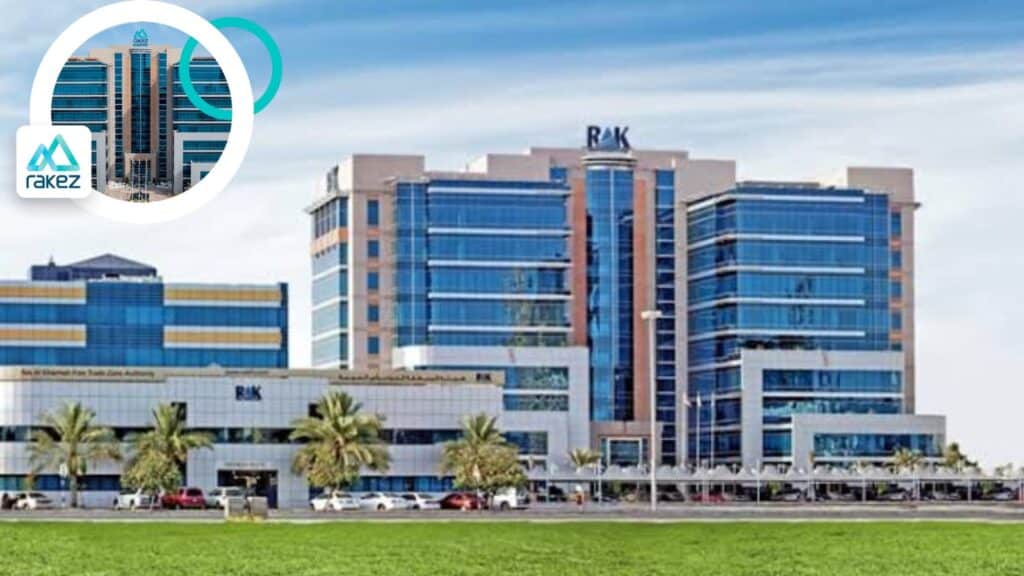Technology has swiftly transformed our lives into a sphere of comfort and convenience. Accounting is one of the fields that has witnessed revolutionary change. Years ago, the field of accounting was dominated by manual processes by posting the transactions to journals, ledgers, transfer of ledger balances, maintaining trial balance, drawing Profit and loss account and balance sheet. In today’s setting, all the financial data are maintained digitally, and all the transfers and maintenance of reports are projected by the accounting software.
In this blog, let us explore the extent to which technology has evolved the accounting practices in Dubai.
Reduction in manual efforts in bookkeeping:
Accounting software has contributed to radical reduction of upkeeping the manual ledgers and journal books. The interface of the software is made user friendly so that anyone using the software can easily understand the flow of work. The manual transfer of entries from expense ledgers to Profit and loss account, carry forwarding the ledger balances, drawing the Profit and loss account, balance sheet and other reports are done away with.
Accessibility of reports:
The popular accounting software such as Quickbooks, Xero and Zohobooks hosts the systems on remote servers, and these are accessible over the internet to the users who are provided with the access of the software. The management can easily extract the reports just by logging into the software. This paves way for transparency of the financial position of the company and also enable the management to focus on more strategic activities that add value to business.
Automated communications with customers and suppliers:
The accounting software allows the user to send reminders to the customers to clear the pending payment. It also helps the business to design their own invoicing systems and payments terms. This will help the business to reduce the human efforts involved in sending the reminders and tracking the receivables and payables.
Integration with other modules:
These cloud-based accounting software allows the users to integrate with other business applications relating to CRM, payroll, sales, analytics etc. This seamless integration saves time of the management and empower the company to make informed decisions.
Financial insights:
Many accountings software are capable of customizable analytical dashboards. The interface and reports are so easy to decode that the management need not train their personnel to understand or use this information while taking any business decisions.
Data-protection and multi–factor authorization:
With increasing automation and cloud computing, cyber frauds at its peak. Due to the critical financial data being stored online, the accounting software have also developed multi-factor authorization which requires to be activated by the user. This ensures that only the authorized users log into the applications.
Ease of audit:
Along with accounting, auditing sector has also done away the traditional approach of physical vouching and verification of the data to a great extent. Cloud based accounting software provides a robust space for auditors. With the vouchers, bills, invoices and workings attached to the transactions, it becomes easy for the auditor to retrieve the information without having to wait for an accountant to share the supporting documents. Additionally, audit trails provide transparency in the recording of the financial transactions.
One might ponder, if they still need to hire an accountant if they are using the cloud-based accounting software. An accountant not only records the transactions, but also ensures to comply with relevant financial and tax regulations and reporting requirements; prepares tax returns, financial statements and other regulatory requirements; analyses the financial data to provide insight to help the management to make informed decisions; identify and mitigate financial risk by implementing internal controls; develops budgets; provide recommendations for improving financial performance; ensures that financial statements are free from material misstatements.
Currently, an accounting software cannot handle all these tasks on its own and therefore, an accountant is required to ably guard the financial aspects of a business. The technology has reduced the human efforts involved in the field of accounting. However, business still needs an accountant to manage the tasks, provide valuable financial insights for them, adhere to tax regulations, provide frequent and periodical advises to safeguard the interests of the business.
We, at BCL Globiz, are committed to leveraging the usage of cutting-edge cloud-based accounting software to address the needs of business. The great news is that the accounting packages are available at reasonable and affordable costs!!
You can mail us at punith@bclglobiz.com to inquire further.








 UAE
UAE UAE
UAE INDIA
INDIA UK
UK

